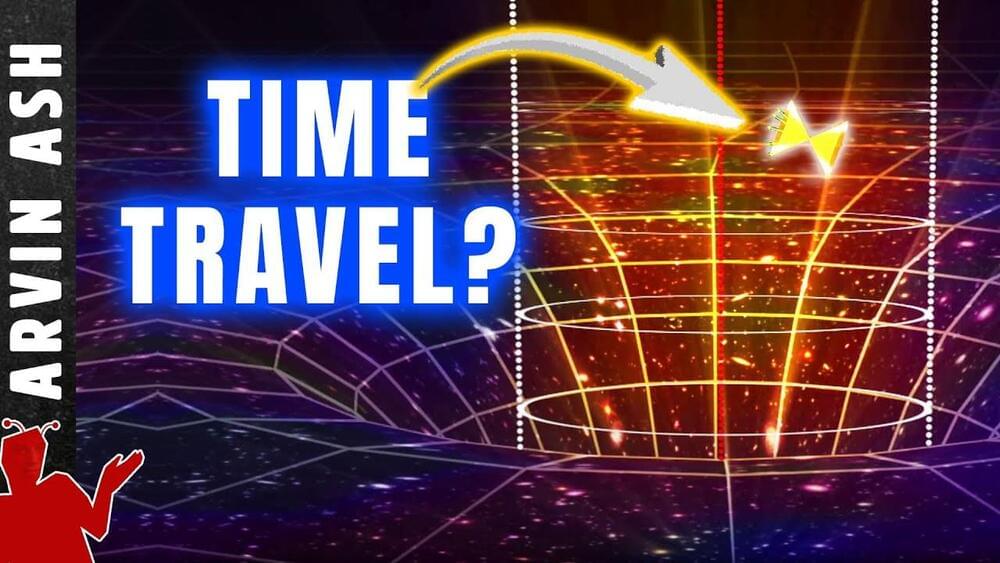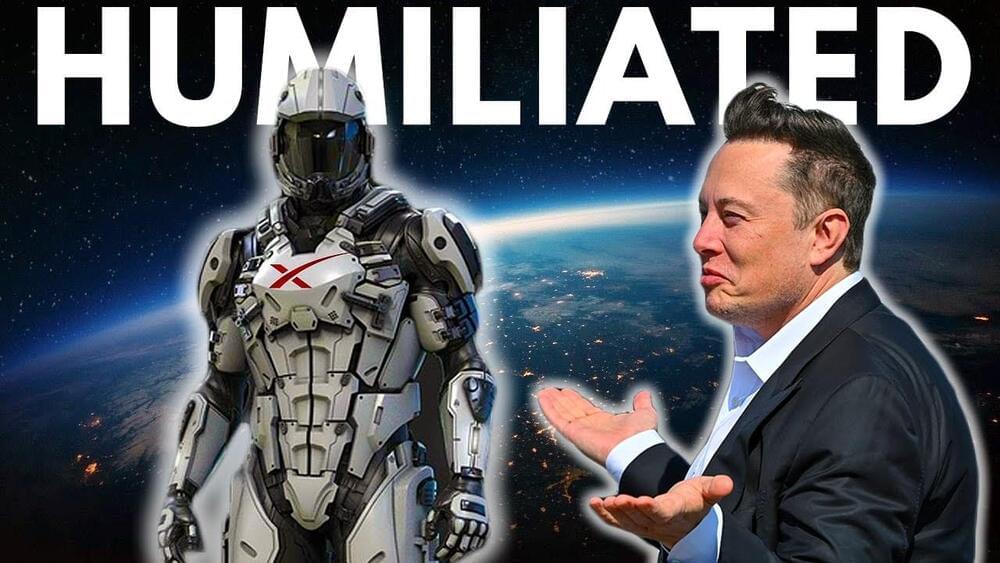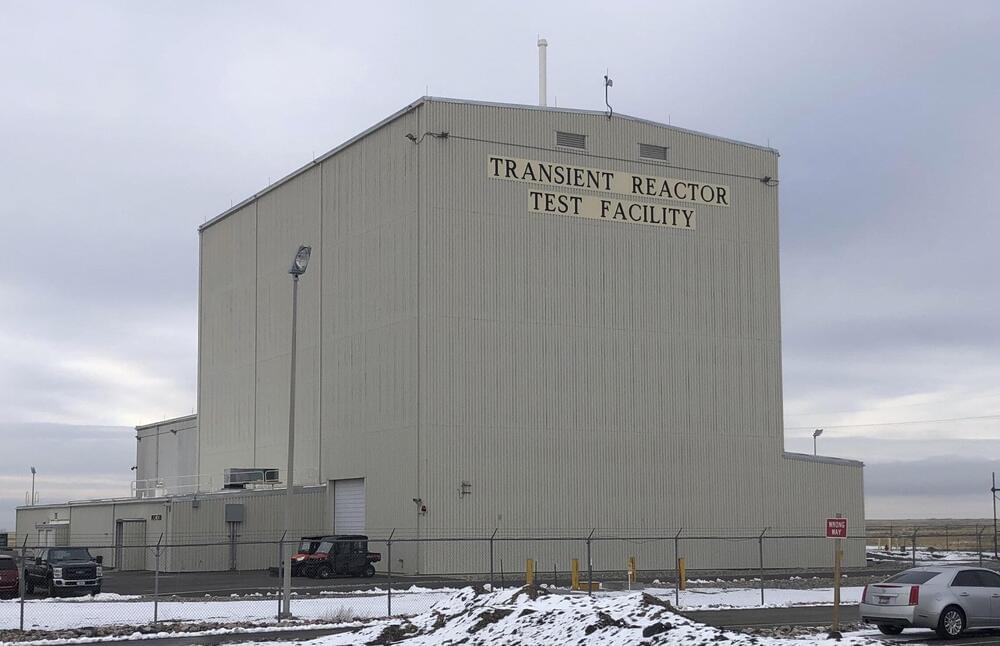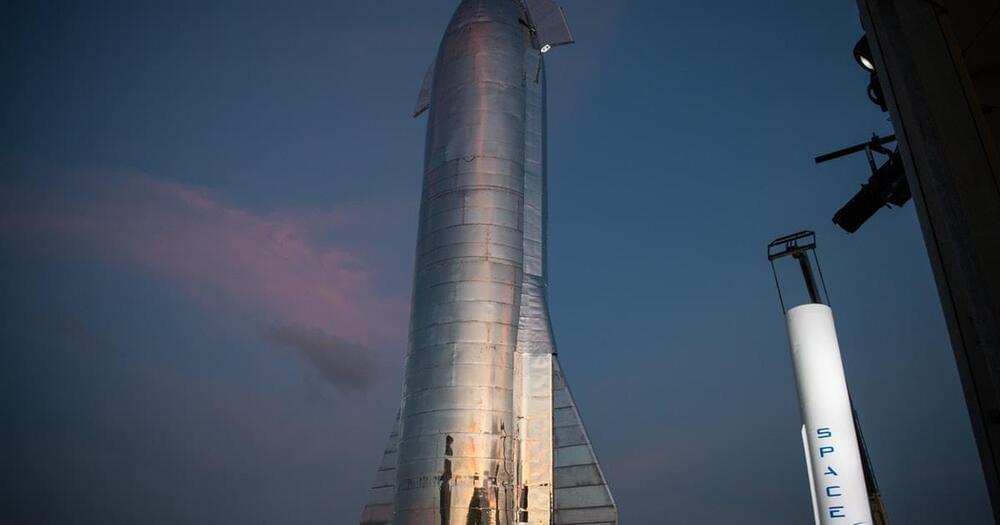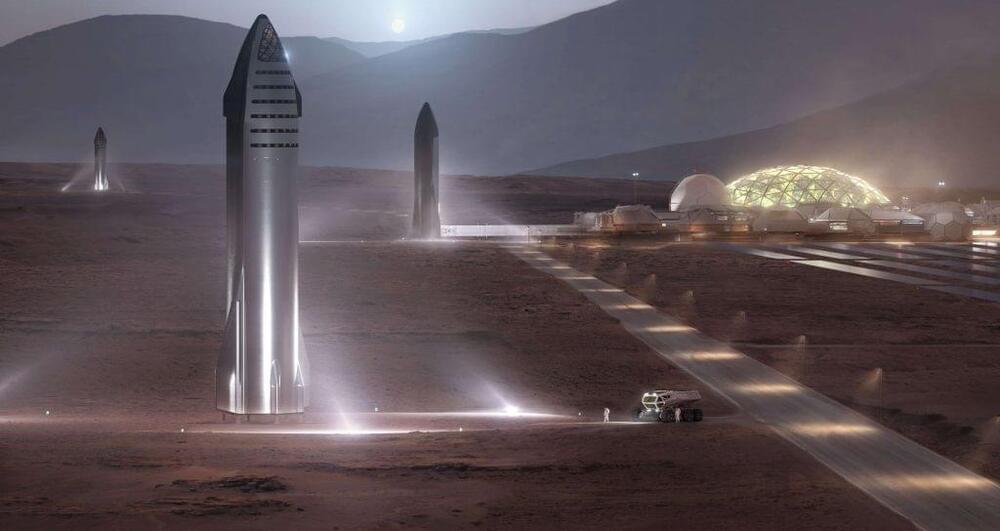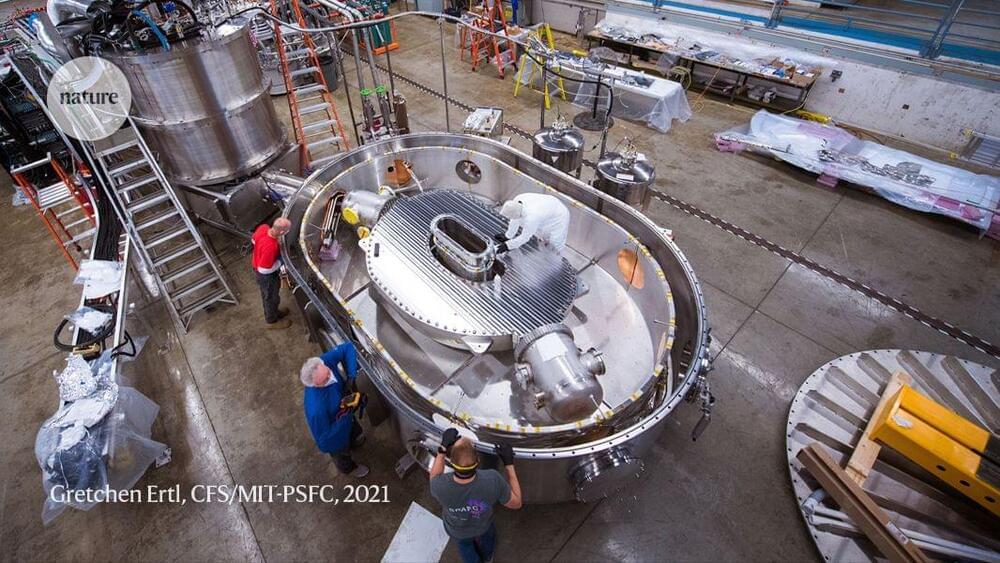Nov 21, 2021
How we could Time Travel through a (special) black hole — Back to the PAST!
Posted by Dan Breeden in categories: cosmology, information science, singularity, space travel, time travel
Get your SPECIAL OFFER for MagellanTV here: https://try.magellantv.com/arvinash — It’s an exclusive offer for our viewers! Start your free trial today. MagellanTV is a new kind of streaming service run by filmmakers with 3,000+ documentaries! Check out our personal recommendation and MagellanTV’s exclusive playlists: https://www.magellantv.com/genres/science-and-tech.
Chapters.
0:00 — You are a time traveler.
2:32 — Spacetime & light cone review.
6:15 — Flat Spacetime equations.
7:03 — Schwarzschild radius, metric.
8:42 — Light cone near a black hole.
10:15 — How to escape black hole.
10:39 — Kerr-Newman metric.
11:34 — How to remove the event horizon.
11:50 — What is a naked singularity.
12:20 — How to travel back in time.
13:26 — Problems.
Continue reading “How we could Time Travel through a (special) black hole — Back to the PAST!” »
